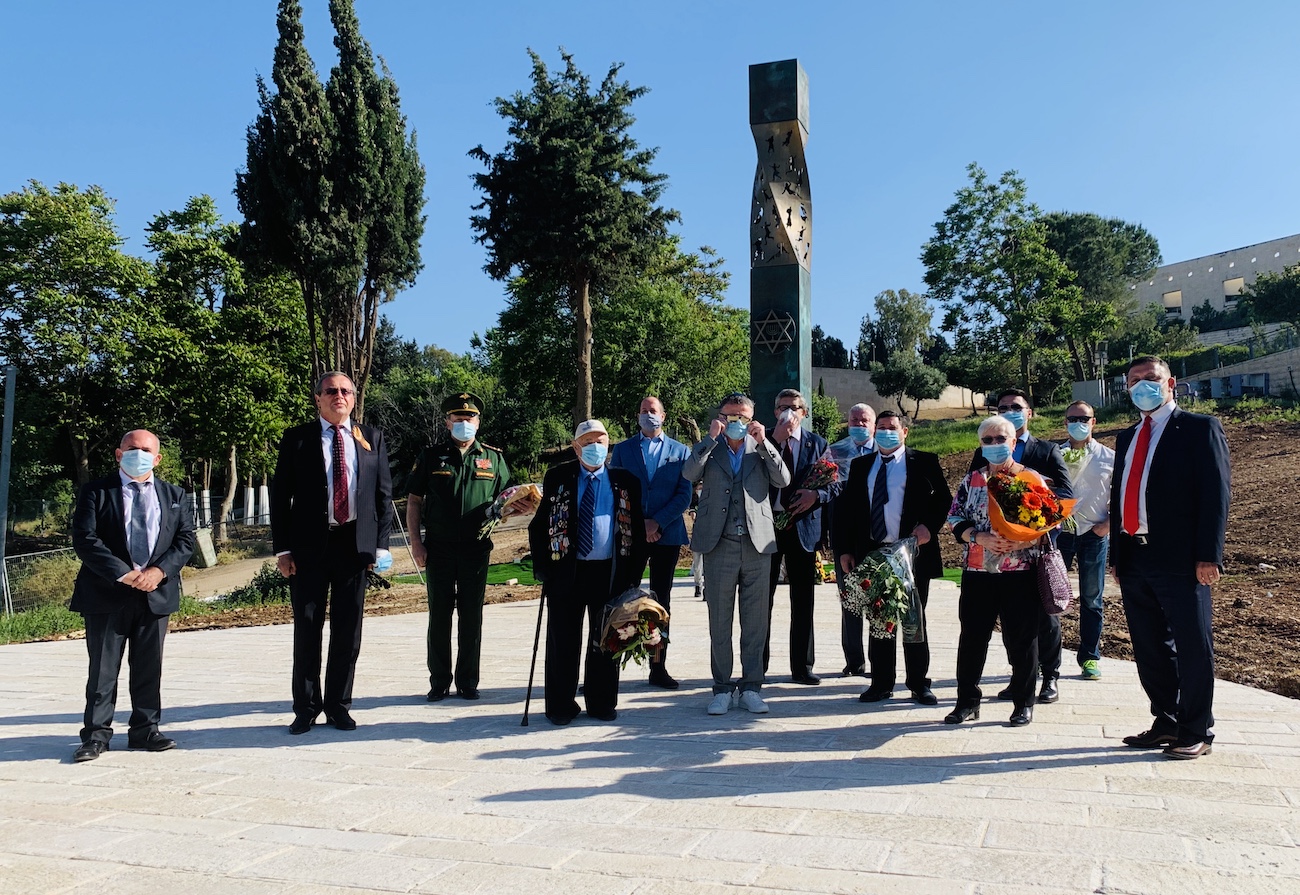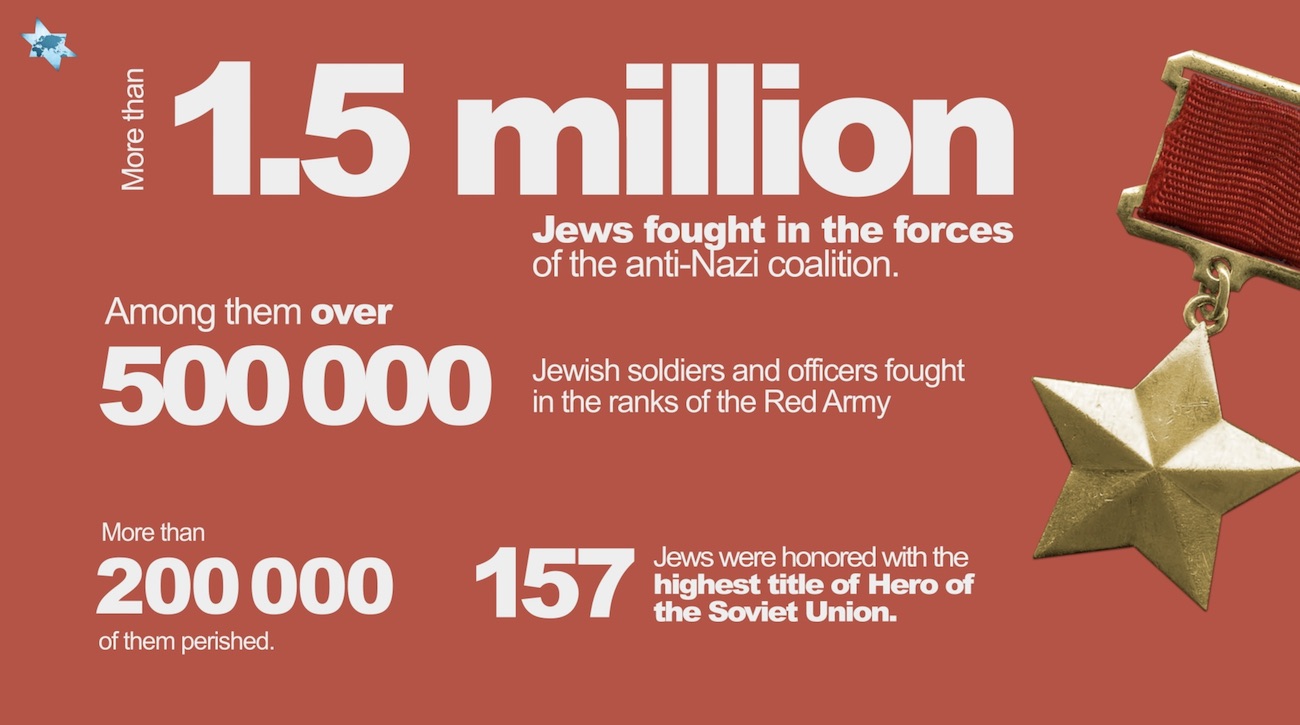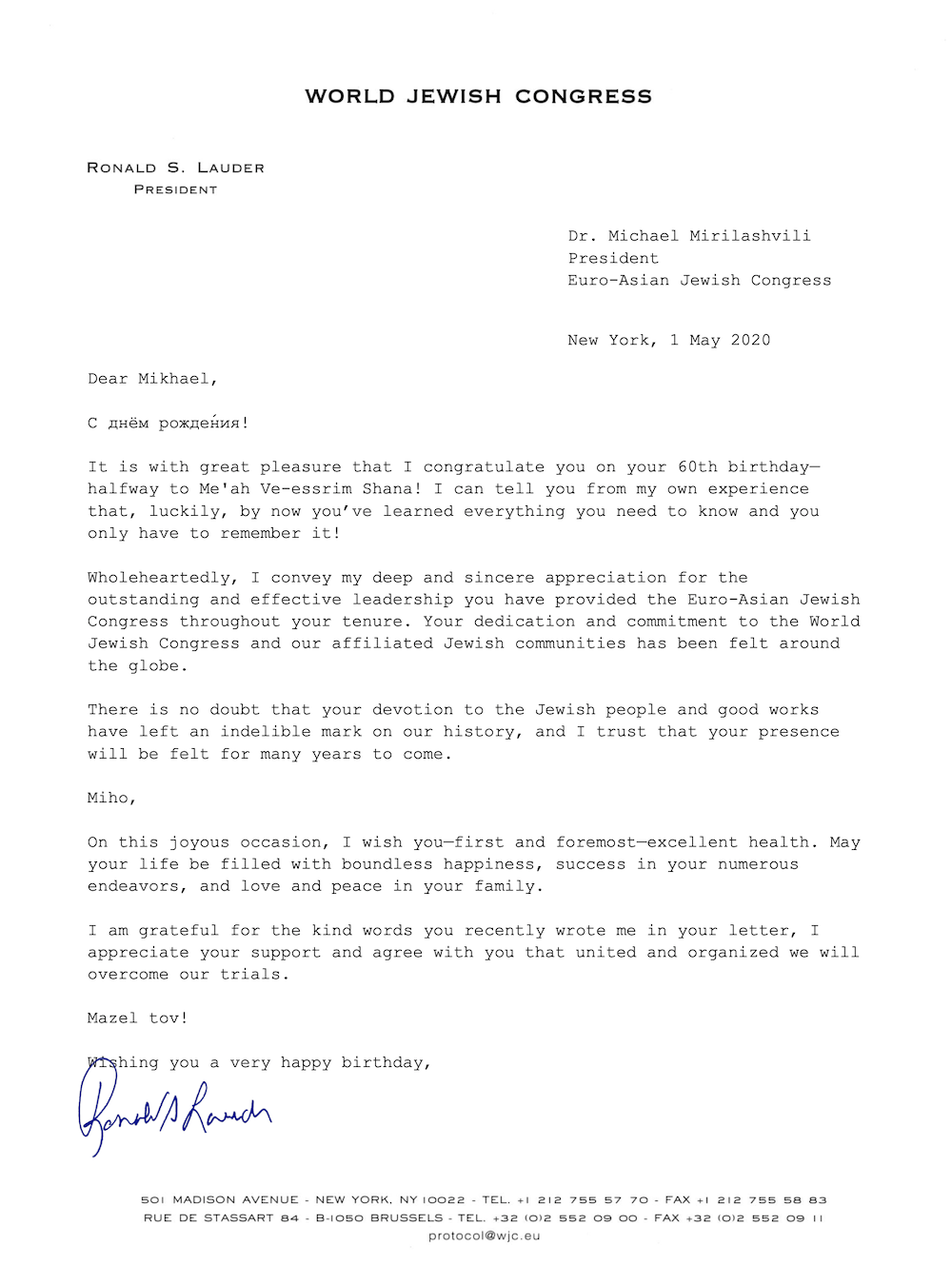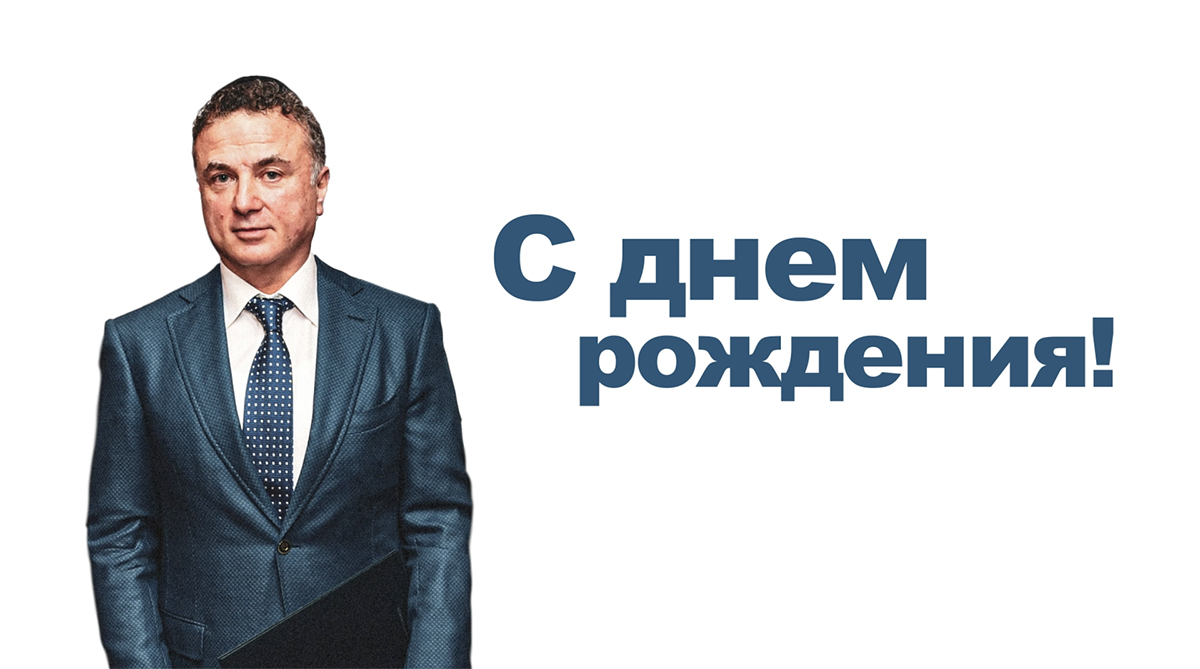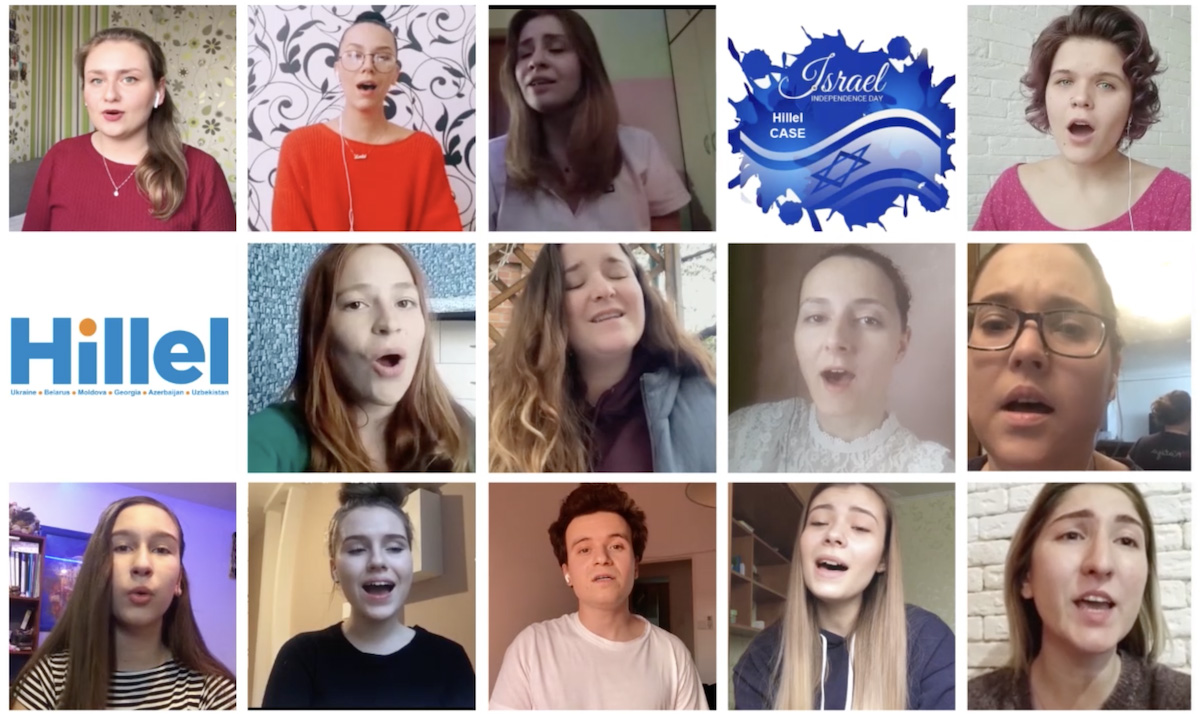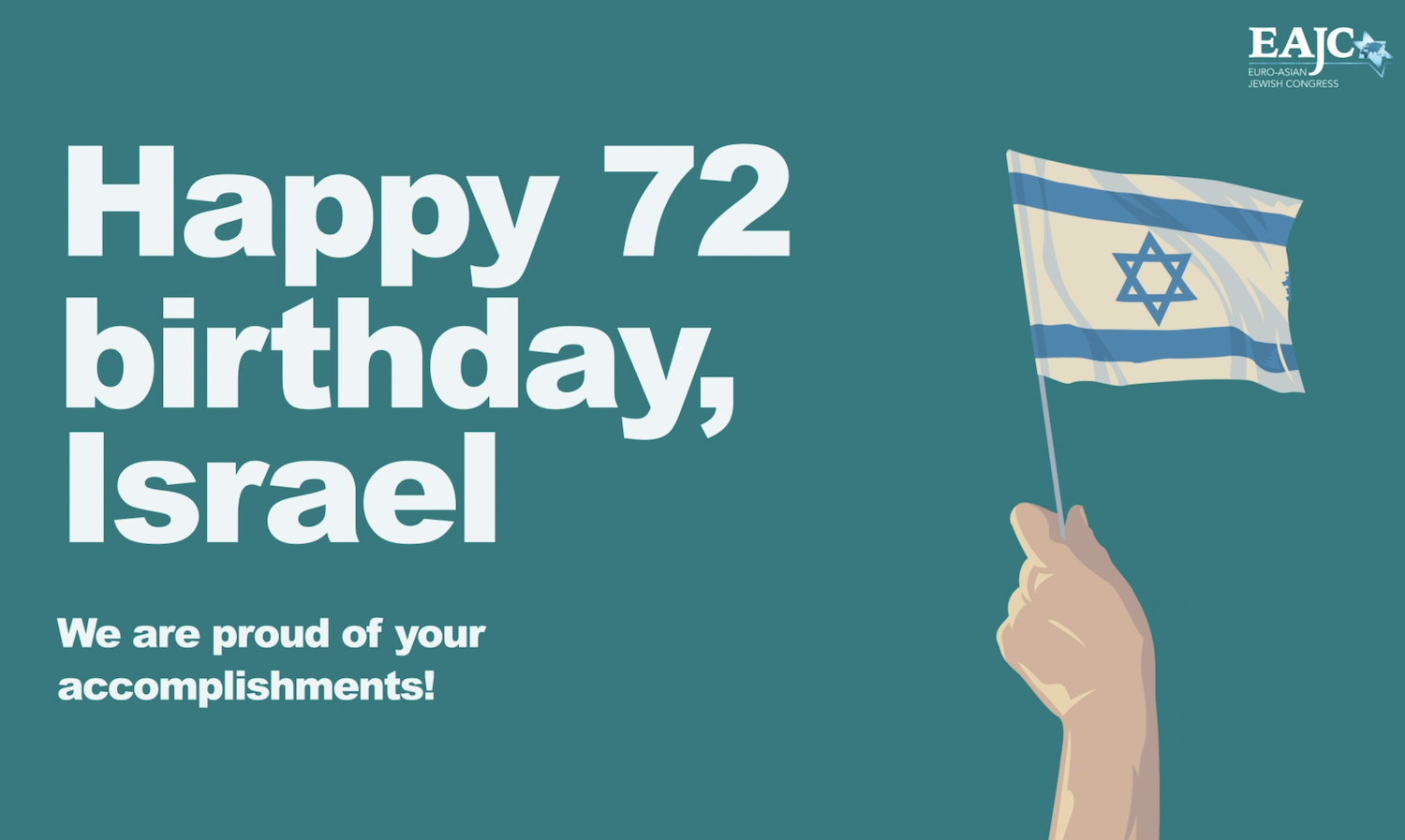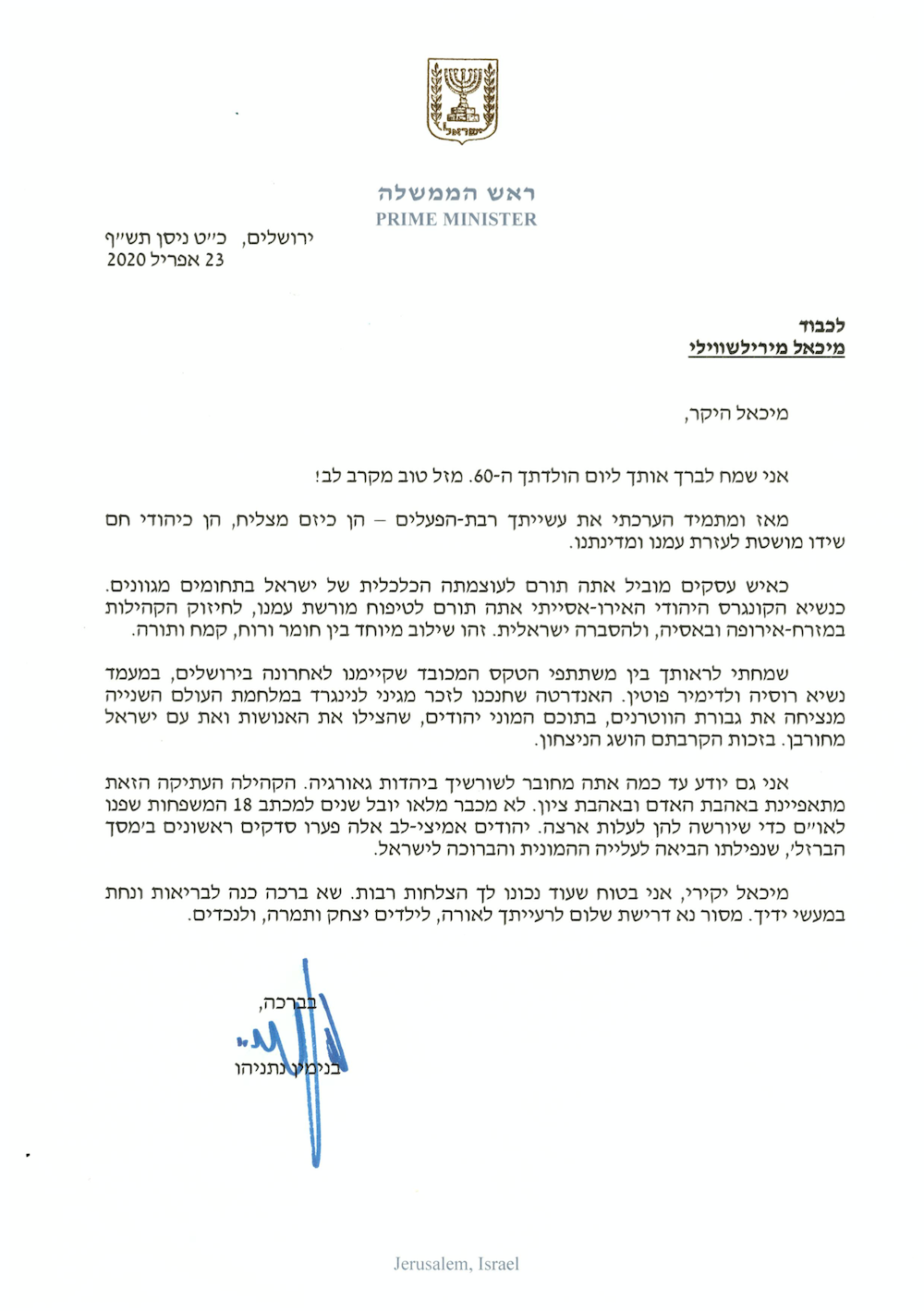Many communities and organizations supported by the Euro-Asian Jewish Congress continue developing multifaceted online activity. Traditional Jewish values, such as love, mutual responsibility, helping the weak, as well as creative approach and modern technologies will help us overcome all difficulties.
Dear friends, your perseverance and professional attitude make a difficult time much easier. Together, we can be stronger for those who need us.
All-Russian Union of Jewish Students
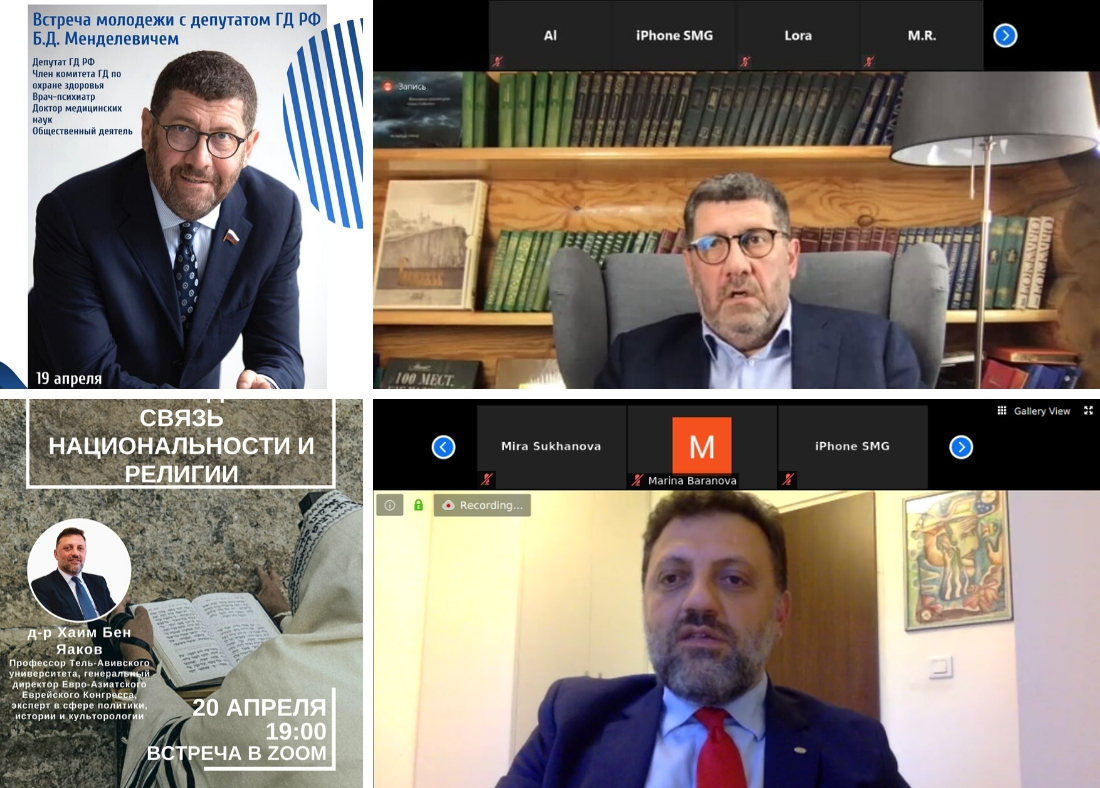
The All-Russian Union of Jewish Students (RUJS) hosted an online meeting with a deputy of the Russian Duma, a member of the State Duma Committee on Health, Boris Mendelevich.
Professor of Tel Aviv University, Director General of the Euro-Asian Jewish Congress, Dr. Haim Ben Yaakov, discussed with students the relationship between Jews and Judaism, nationality and religion.
In cooperation with the Jewish Agency for Israel (Sokhnut), RUJS held a webinar on internships and studies in Israel. The new online project for spoken Hebrew study is well underway.
Hillel CASE

Hillel Kharkov launched a new regional project “Hillel is everywhere”. Participants share excerpts from their favorite books, quotes, nigunim, and Jewish wisdom on the project’s Telegram channel. Each week, the coordinator of educational programs presents a weekly Torah portion. The number of project participants is growing every day.
More than 400 students took part in an online lecture and conversation with the renowned psychologist Igor Geller. The Hillel Talks project also hosted online meeting with Nathan Sharansky.
The Quiz Box intellectual marathon attracted 85 Jewish teams from seven countries. Congratulations go to Nathan and his team (Kiev) on their victory!
The Kabbalat Shabbat ceremony brought together students from the CASE region: 10 online broadcasts, 5 countries, and more than 450 participants! Every Saturday, people share hundreds of photos of their Shabbat celebration, and the Minsk Hillel members even recorded a special Shabbat song.
48 new teams took part in the new and extremely successful Limmud Brain Labs project, which gathered about 300 participants.
Проект Кешер
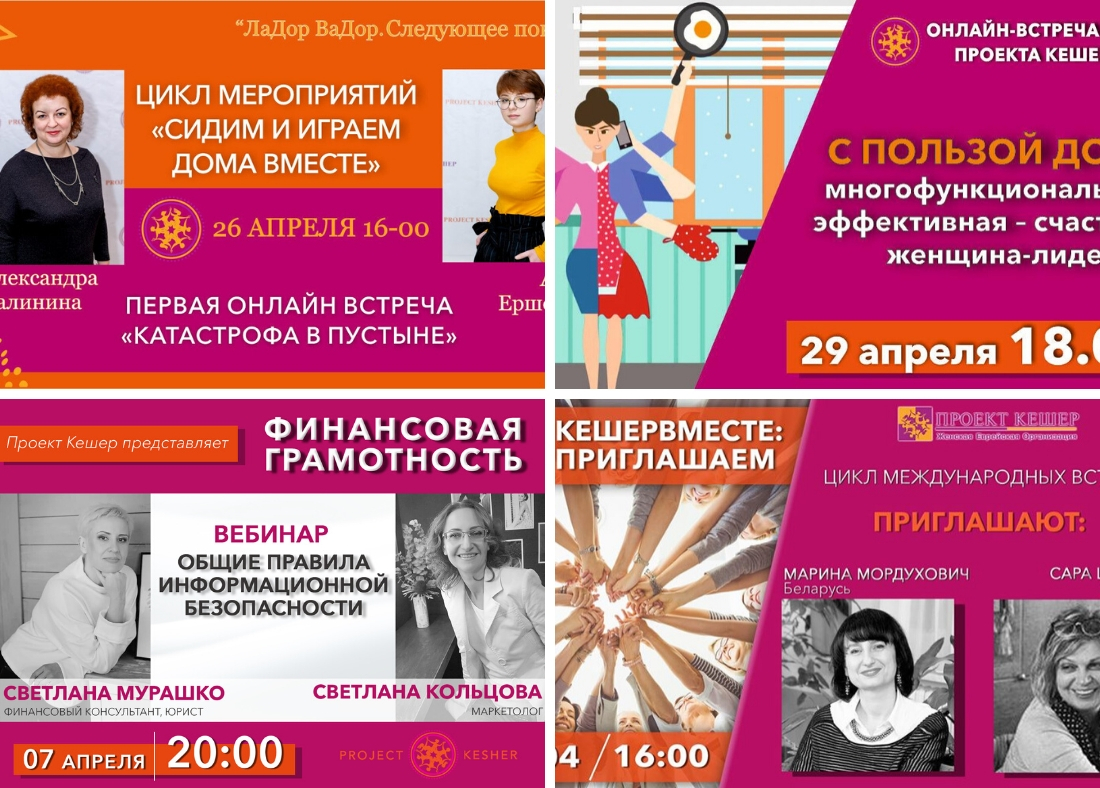
Project Kesher, an international women’s organization with representation in five countries, has switched to distance learning and communication with its participants. Now, the L’Dor v’Dor webinars bring together Jewish mothers and daughters from Russia, Ukraine, and Belarus.
Online classes, training, and masterclasses are aimed at strengthening family relations, Jewish learning, and community activism in local Jewish communities. The number of participants is growing from meeting to meeting.
Еврейская община Грузии
The Jewish Cultural and Educational Foundation (JCC Tbilisi) twice a week offers online lessons for kids by the Shalom Sesame program and the Mishpakha family club meetings, including Jewish learning and Hebrew lessons. The Jewish University classes have moved online and continued as scheduled.
The Jewish Youth Club arranges regular Zoom-meetings, and the School of Madrihim offers online lectures weekly. Sunday school and sports training also continue online.
Еврейская община Молдовы
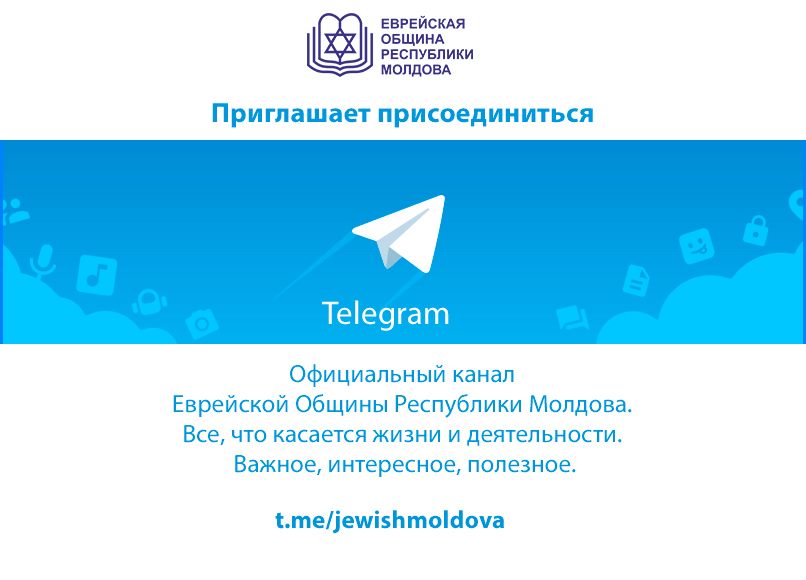
The Jewish community of Moldova launched a new Telegram channel reporting about the communal social and charitable activities during the coronavirus shutdown. Here you can also find special safety instructions, addresses from Jewish leaders, community information, and world Jewish news.
Еврейская община Казахстана
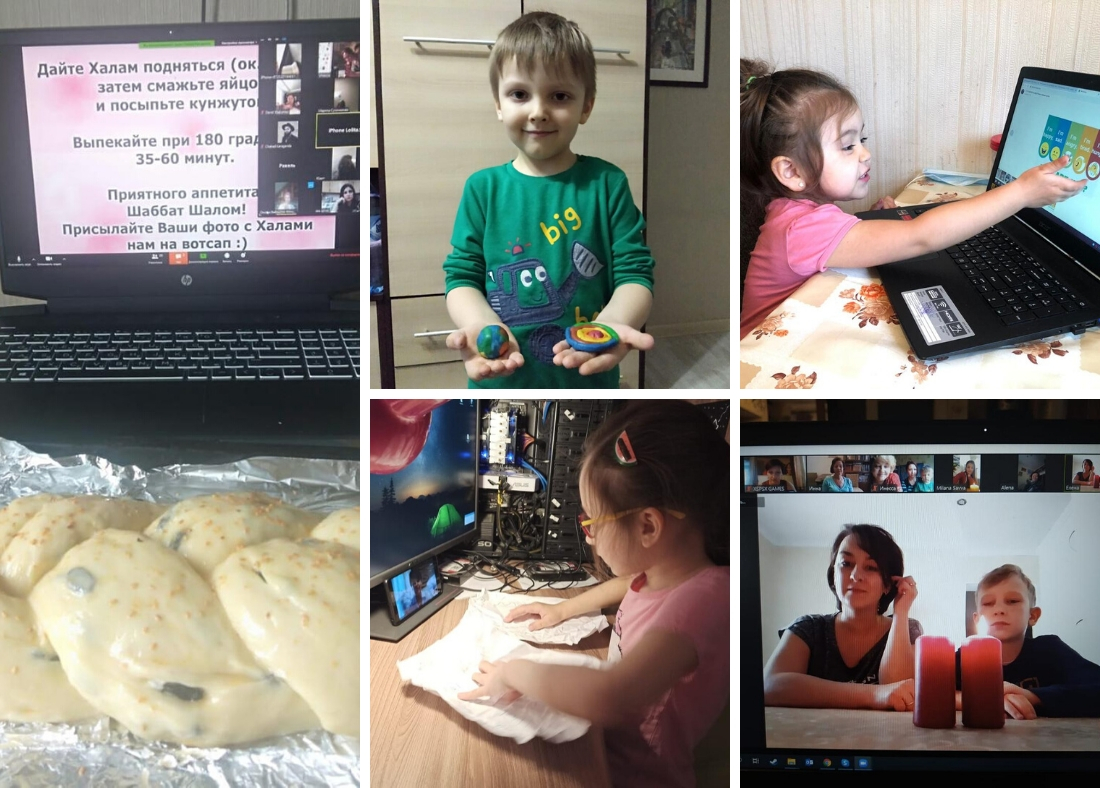
The Jewish community of Kazakhstan holds competitive intellectual games attracting Jewish teams from five countries. The Shalom Family Club continues studying Jewish tradition online while the Rimon community center theater project is already rehearsing a mini-performance for the Shavuot celebration.
A young volunteer and entomologist, Innokenty Treskunov introduced his rich and unusual collection of insects to virtual visitors from Kazakhstan, Israel, Russia, Moldova, and Germany.
A virtual bakery, organized at the initiative of Almaty and Karaganda synagogues, gathered dozens of the Kazakhstan Jewish communities’ activists. As a sign of hope and solidarity during the coronavirus pandemic, each woman at her kitchen performed a mitzvah of separating challah from the dough. This beautiful ritual symbolizes victory over impurity.

